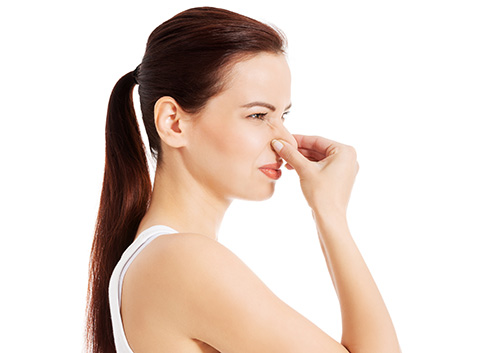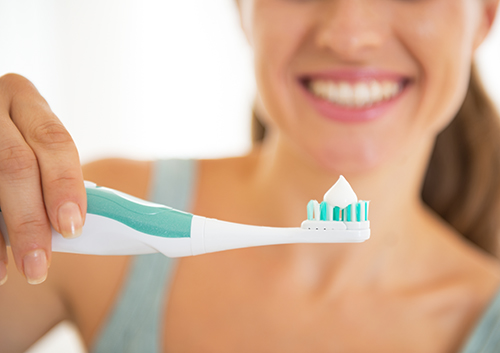
Winter and its snowball fights are behind us, true, but there might be another kind of snowball heading your way—the snowball effect you risk when small dental concerns are ignored and left to grow into much more serious dental problems.
Here are three early symptoms that might seem minor, but shouldn’t be overlooked:
Sensitivity
Ouch! A sip of something hot, a spoonful of something cold, and you find yourself wincing because your teeth are so sensitive. If this sensitivity continues, call Dr. Welmilya Francis-Davis. Tooth sensitivity can be a sign of:
Heavy handed brushing and hard-bristled brushes can be so abrasive that they cause enamel erosion and gum recession, making teeth more vulnerable to tooth decay. Your dentist and hygienist can recommend proper brushing techniques for clean and healthy teeth and gums.
Without treatment, receding gums can pull further away from the teeth, creating pockets filled with bacteria. Serious infections can develop in these pockets, leading to loose teeth, bone loss, and, eventually, tooth loss.
When a cavity has gotten large enough that it’s reached below the enamel into the more sensitive dentin, you can experience unpleasant twinges when eating or drinking hot, cold, or sweet foods, or even when air hits your teeth. It’s essential to treat any cavity before it grows large enough to reach the tooth’s pulp.
Persistent Bad Breath
Sure, it could have been that garlic anchovy pizza, but if you’ve eliminated odor-causing foods from your diet, if you brush and floss regularly and still have bad breath, it could be a sign of:
The bacteria that cause gum infections have a distinct, unpleasant odor. If thorough brushing and flossing isn’t helping, it’s important to visit our Nassau office to prevent more serious gum disease from developing.
Bad breath can be caused by infections in the tooth, gums, or other oral tissues. If you experience persistent bad breath, a foul smell or taste in your mouth, or see any other signs of infection, see Dr. Welmilya Francis-Davis promptly for a diagnosis. Left untreated, oral infections can damage teeth, tissue, and bone and spread to other areas of the body.
Bad breath can also be a symptom of medical conditions such as diabetes, sinus infections, and liver disease. If your dentist rules out dental issues as the cause of halitosis, it’s important to see your doctor for a checkup.
Intermittent Pain
When dental pain comes and goes, you might be tempted to postpone a checkup. But recurring pain can be a symptom of serious dental conditions, including:
If you feel pain when you bite down, or throbbing pain around a tooth, it could be the sign of pulp inflammation or infection. Pulp injuries should always be treated immediately to avoid an abscess, a pocket of pus caused by bacterial infection. An abscess isn’t just painful, it’s dangerous, because it can cause bone loss around the tooth and spread infection throughout the body if not treated promptly.
Tooth trauma is a reason for an emergency call to your dentist. A cracked or broken tooth won’t get better on its own and should be treated at once to prevent infection and further damage.
It’s no wonder you wake up with tooth and jaw pain when you grind your teeth—your jaws are producing hundreds of pounds of pressure on your teeth all night long. Over time, constant grinding will damage enamel and can chip and even crack teeth. Check out options like custom nightguards for healthier teeth and a better night’s sleep.
Malocclusion is the medical term for a bad bite, a condition that is the result of your teeth and/or jaws not fitting together properly. As well as tooth and jaw pain and damaged teeth, misalignments cause many other difficulties in your daily life. Talk to your dentist about how orthodontic treatment can improve the health and appearance of your smile.
Don’t ignore “little” dental problems like these. For any persistent symptoms, Comfort Smiles is just a phone call away, to help you prevent those little problems from snowballing into major dental worries.






